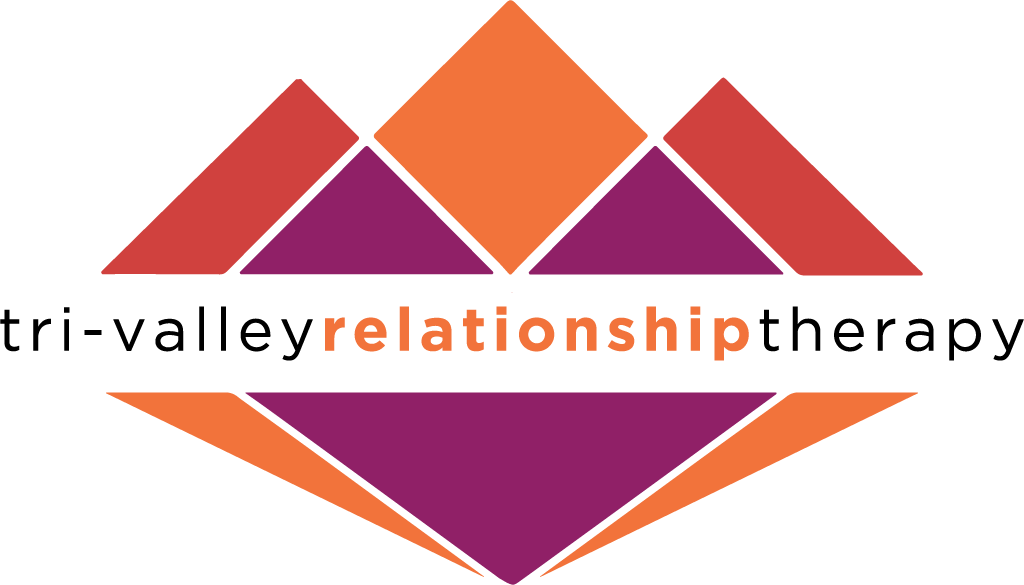Are You a Wave or an Island?
Couples therapy at Tri-Valley Relationship Therapy, Inc. in the East Bay helps couples discover each other's unique attachment needs to cultivate a more secure & deeper connection.
Are you a Wave or an Island?- Attachment styles & their impact on intimate relationships
In my practice as a couple’s therapist at Tri-Valley Relationship Therapy, Inc. I frequently hear partners describe each other as clingy, cold, rejecting, or always in-their-own-world. What they are essentially describing are not personal attributes but attachment styles that form in early childhood and continue to impact our adult relationships. The way in which we relate to our partners, whether we seek intimacy or closeness, how preoccupied we are with our intimate relationships and how we handle rejection are factors that determine our attachment styles. In other words, attachment styles are our ways of relating with our intimate partners. They are a result of our early attachment-based interactions with our parents and social wiring. Attachment styles have been given various descriptive terms in psychology literature. For the purpose of this article, I will use the terms put forth by Dr. Stan Tatkin, the founder of The Psychobiological Approach to Couples Therapy (PACT).
Alone time is the best time
People that prefer alone time over time with their partner and have an I-can-do-it-on-my-own kind of an outlook tend to be ISLANDS. As an avoidant attachment style, islands often find that they are unable to give what their partners want from them such as physical affection, closeness, or emotional intimacy. An island attachment style is an adaptation to early parental emotional neglect which manifests itself as a strong need for autonomy and independence in intimate adult relationships. When upset, islands need alone time to calm down and they tend to experience a very high level of interpersonal stress in their relationships. However, rarely do islands look within to find the root cause of their problems. They often attribute the relationship stress to either their partner or external circumstances.
I cannot trust anyone
People with the mindset that trust almost always lead to disappointment and are really good at taking care of others but not of themselves tend to be WAVES. A wave might perceive their partner to be selfish or self-centered and feels stuck in a one-sided relationship where their needs are not being taken care of in the way they are taking care of their partner. Waves tend to have a strong need to talk things out when they are upset and their attachment style is more on the anxious side. It is an adaptation to inconsistent parental love and attention. A wave is also more likely to be always on alert for any threats to the relationship and is very sensitive to even the slightest shift in their partner’s mood or the dynamic of the relationship. Fear, concern & worry tends to preoccupy waves and they tend to jump to conclusions about their relationships very quickly.
I am grounded & relaxed
Being ok with solitude but having a preference for intimate relationships define an ANCHOR. This is the only secure attachment style and anchors tend to be much grounded and usually happy people. They are not easily bothered by their partner’s needs and are happy to spend time with them. They enjoy physical closeness and emotional intimacy within their relationships. Anchors are effective communicators, feel responsible for the well-being of their partner and are very secure in their relationship.
It is important to recognize that insecure attachment styles are not pathological or dysfunctional. They are simply the manner in which we relate to our partners and how we act in relationships. Attachment styles tend to be pretty constant throughout one’s life but they can be molded. By becoming aware of each other’s attachment styles, couples can better meet their partner’s attachment needs and move towards more security. The best way for couples to feel secure is to realize that being emotionally dependent on your partner on every level is not a bad thing.
I hope this excerpt is helpful to readers in understanding their style of relating to their partners & vice-versa. The next time you perceive your partner as clingy or lost in their own world, perhaps you will better understand where they are coming from, given their unique attachment style.
Written by: Nagma V. Clark, Ph.D., L.P.C.C. specializing in sex therapy, couples therapy & marriage counseling, premarital counseling, individual relationship therapy & LGBTQQI couples counseling at Tri-Valley Relationship Therapy, Inc. in the East Bay, in Dublin & Oakland.
If you and your partner would like to learn more about each other’s attachment styles & how they impact your relationship, couples/marriage counseling at Tri-Valley Relationship Therapy, Inc. in the East Bay can help. Dr. Clark utilizes the Psychobiological Approach to Couples Therapy (PACT) principles to help couples recognize each other’s unique attachment needs & learn how to meet those needs in order to move towards a secure functioning relationship.
Call 925-400-3541 or email doctor.nvclark@gmail.com to schedule a free 30 minute phone consult or fill out the contact form and you will be contacted within 12-24 hours.

